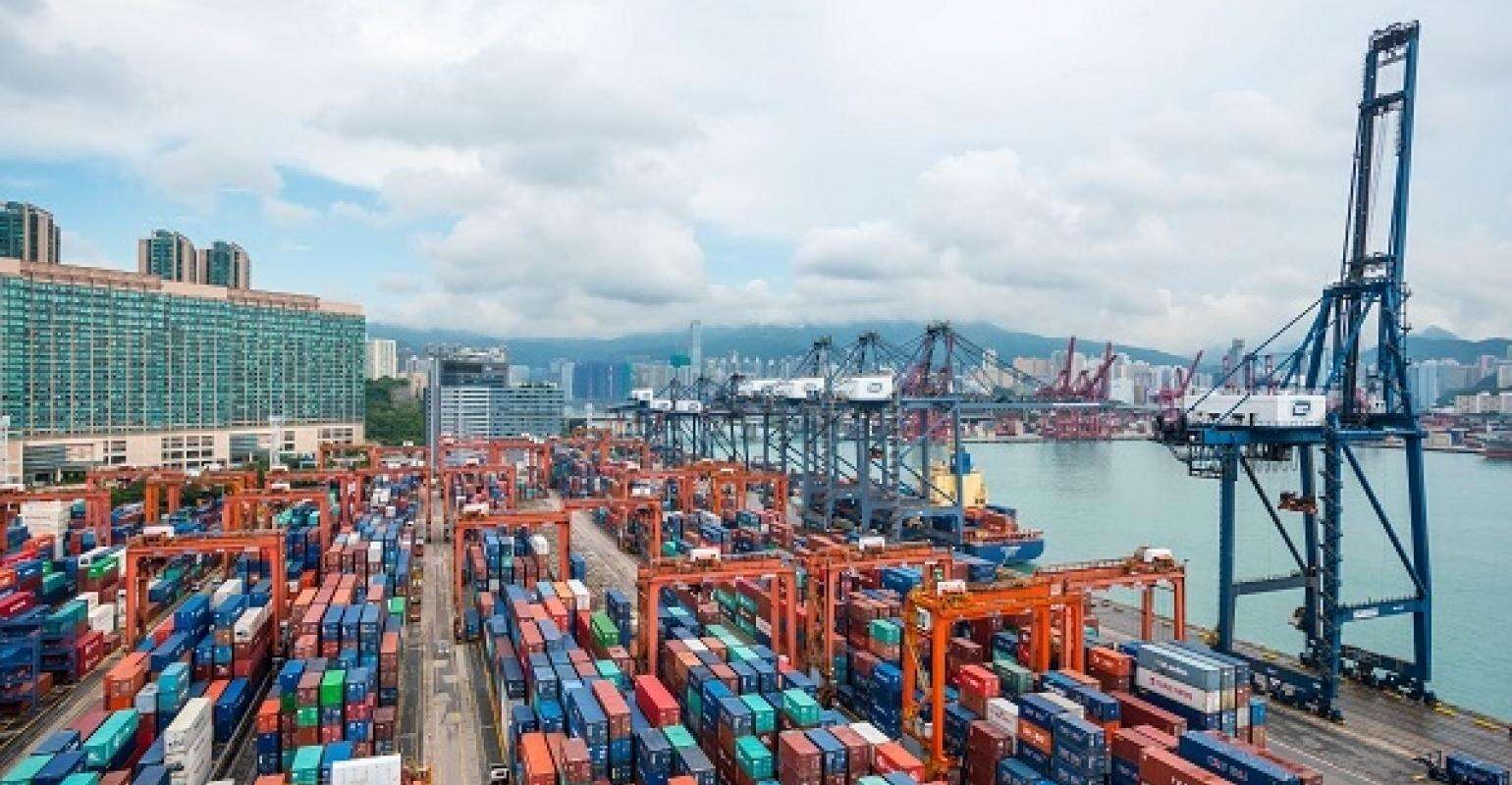



Container shipping has undeniably completed the logistics of global commerce and improved the way goods are shipped over oceans, across seas, and continents. Container shipment has become the key to global commerce as it has facilitated the transportation of goods in a much quicker and economical manner. With the growth of world trade and the need for speed in deliveries on the rise, container shipping has become a necessity in today’s world.
Container Shipping came to be
Container shipping as a concept started in the 50s when Malcolm McLean an American entrepreneur invented the large standardized containers for shipping. This innovation drastically reduced loading and unloading times, increased efficiency, and cut the expenses of shipping. Instead of manually loading and unloading cargo off and on ships, goods could now be fitted into uniform containers that could be effortlessly interchanged between ships, trucks, and in all manner of transports. This system then simplified the entire logistics process and made it possible to sea a large scale of export within the shortest possible time.
Efficiency and Cost-Effectiveness
Container shipment is regarded as one of the most efficient and cost-effective shipping methods across the globe. The use of standard-sized containers allows shipping firms to optimize the storage space and reduce the requirement for specialized tools as well as labor which lowers the overall expenses. Besides, the transition of freight from one means of transport to another, be it sea freight to land or air, has streamlined the global supply chain and made more flexible.
The introduction of larger container vessels has provided increased economies of scale in shipping businesses and industries’ bottom-line. Thousands of containers can be carried on ships that are nowadays capable of moving vast amounts of Cargos and therefore lowering the costs of shipping bulk goods to single units. This makes it possible for international corporations that were previously unable to ship their goods overseas at affordable prices to do so. This is especially true for small and medium-sized enterprises.
Impact on Global Trade
Container shipping has facilitated global trade to a great extent, enabling the quick movement of goods from one country to another. It has promoted cross-border business expansion, allowing brands to reach out to new consumers and suppliers. There are additional factors that have also contributed to the relative ease of the expansion of international markets, the advent of businesses moving and stocking goods in container units that are used widely for trade across intercontinental borders.
Sustainability and the Future of Container Shipping
But due of the the global trade scale for there is also a growing concern on the sustainability of container shipping, The shipping industry ranks among the highest in GHG emitters so this concern has made demand for ships that are more energy efficient and cleaner. Alternative fuels including liquefied natural gas (LNG) as well as biofuels are among such options that are under research to make container shipping cleaner.
Using IoT, Blockchain and other digital technologies is quite helpful in preventing fraud and enhancing route optimization within the container shipping system. These new developments will improve efficiency and increase the level of visibility in the logistics process making container shipping more efficient in the future.
Container shipping has secured a prime position in international trade as it gives the companies the capability of transporting products at a reasonable cost and across great distances. It has been integral in revolutionizing logistics and its relevance to cost and efficiency while enhancing global linkages cannot be overstated.
